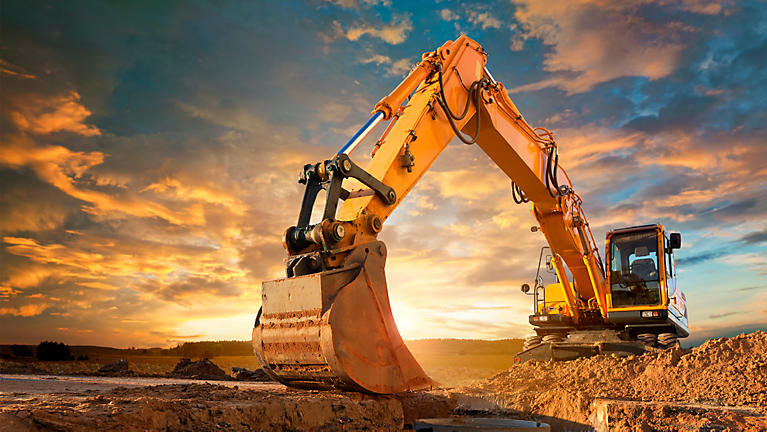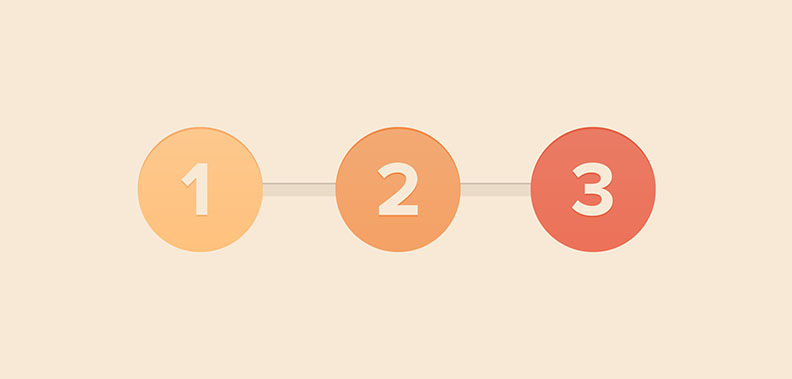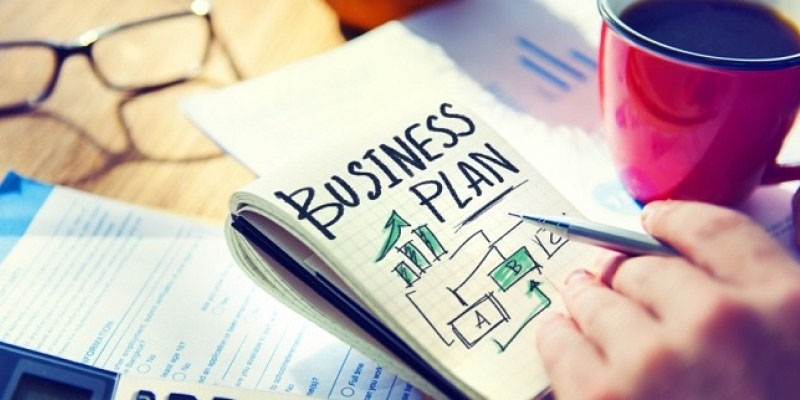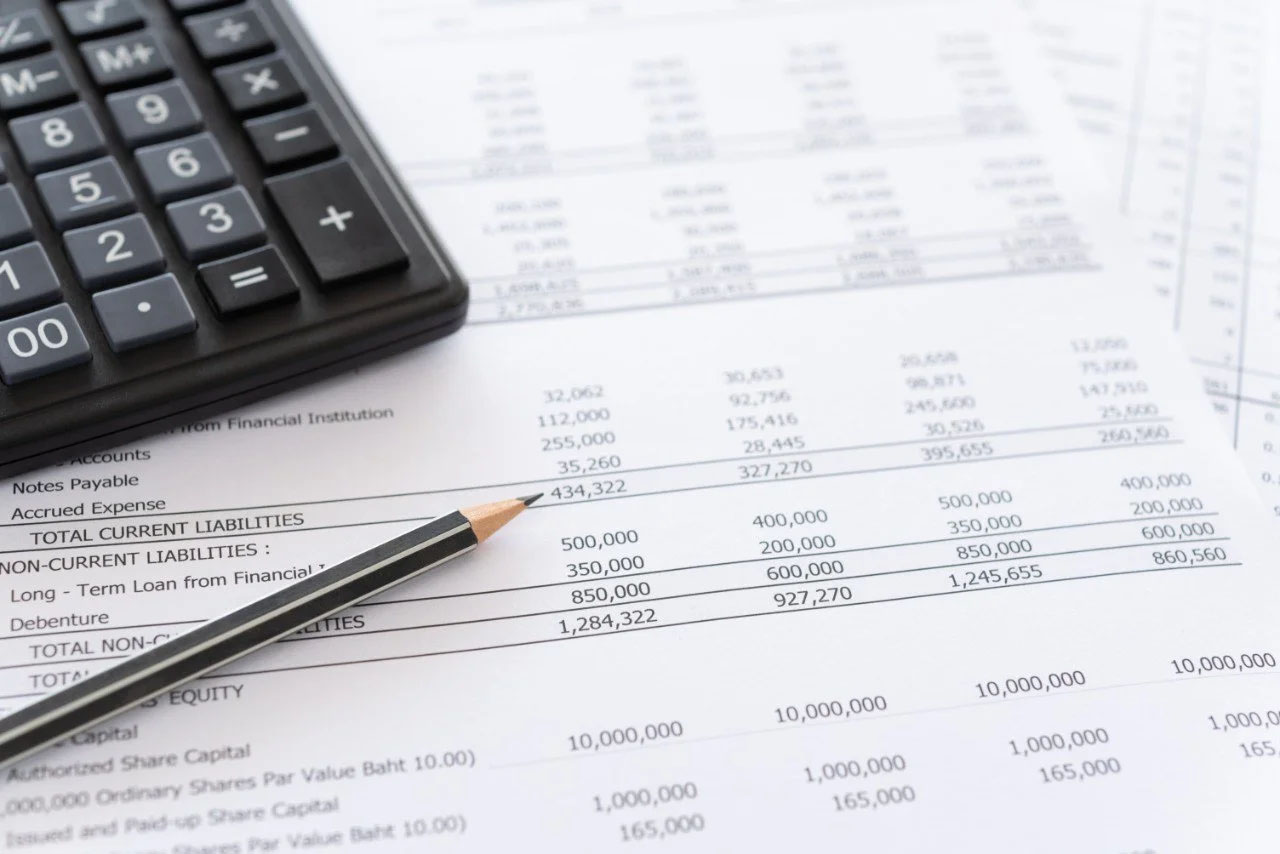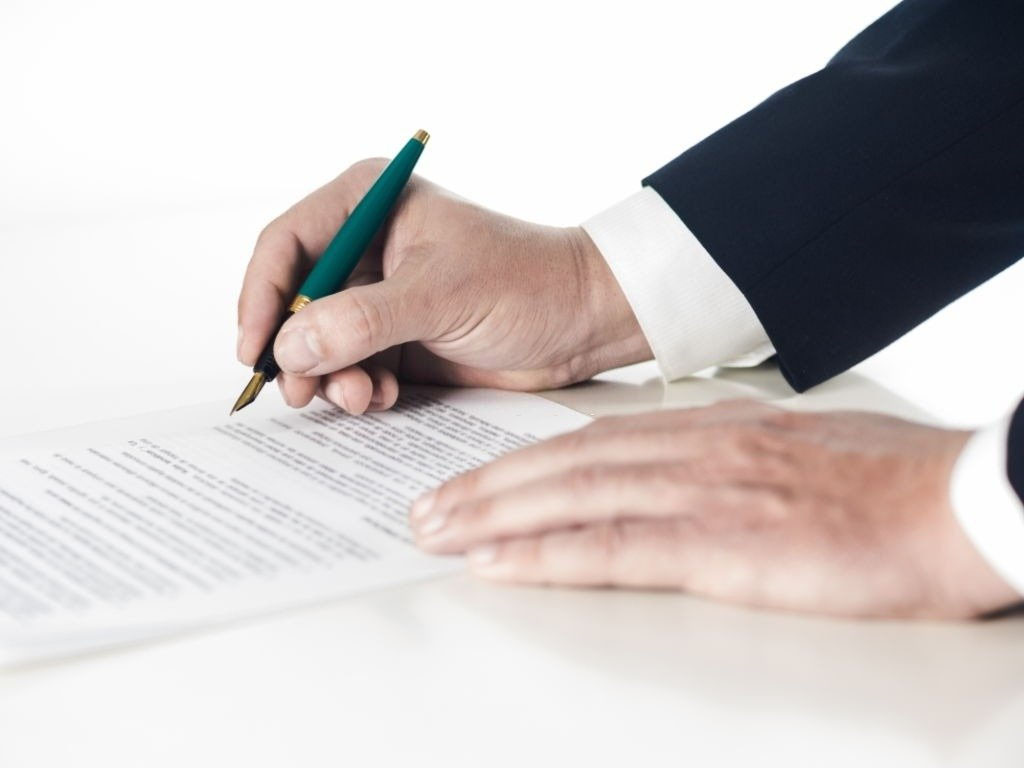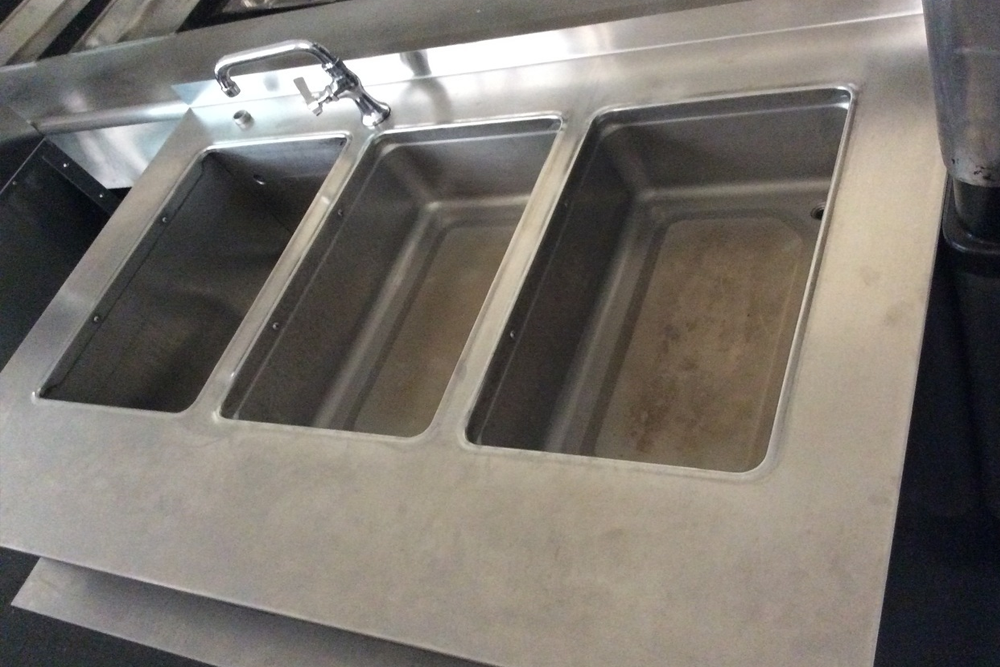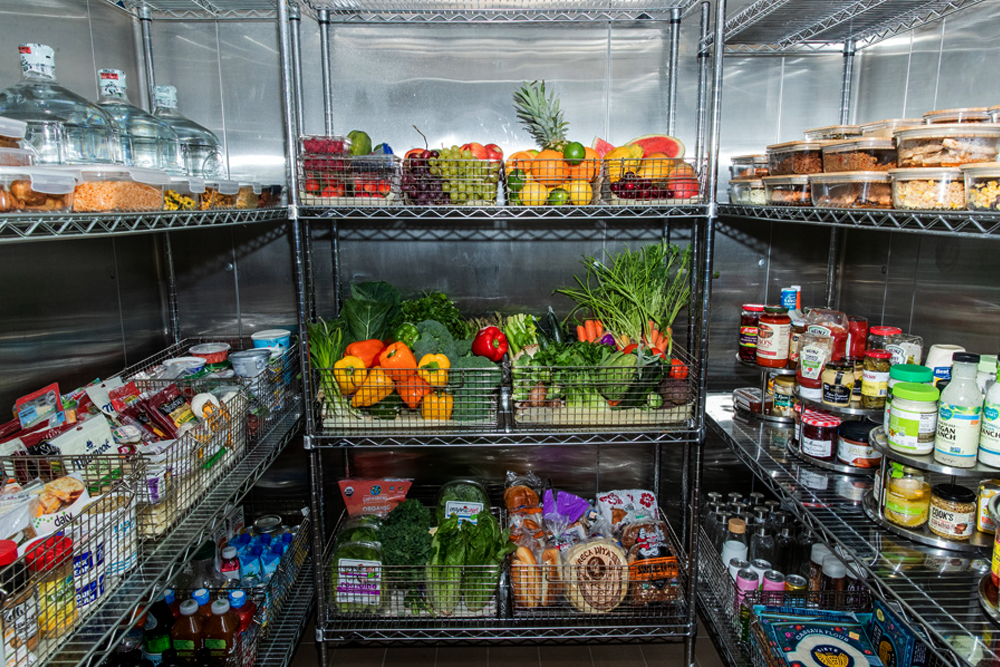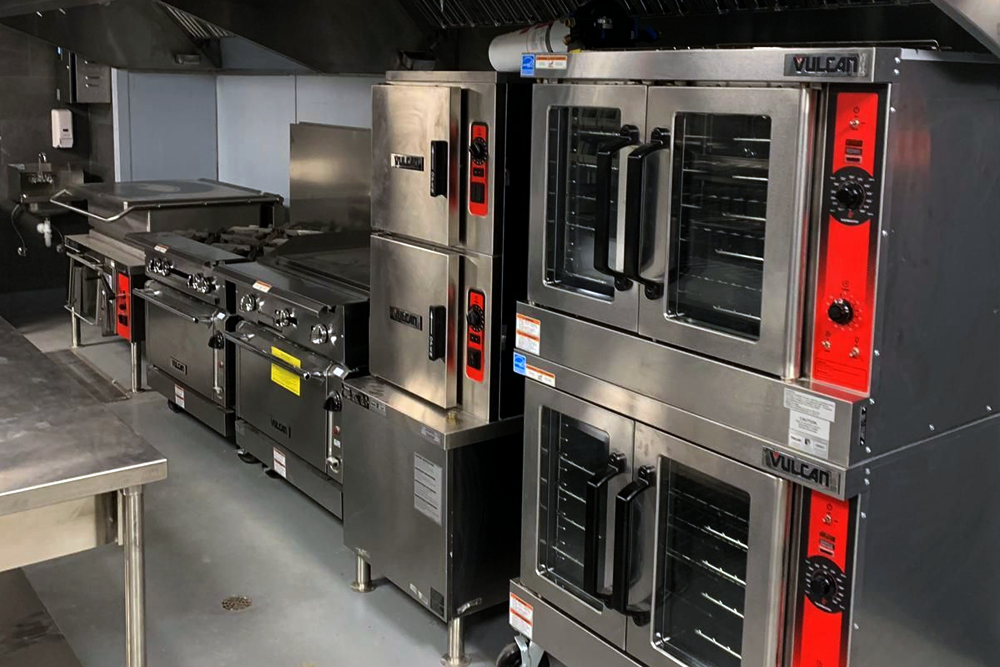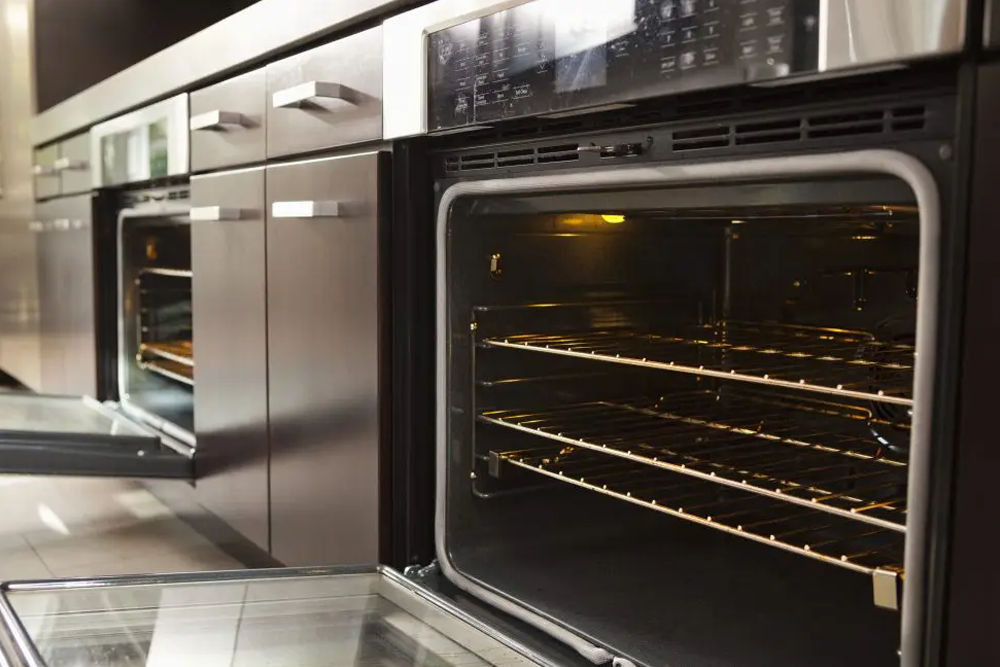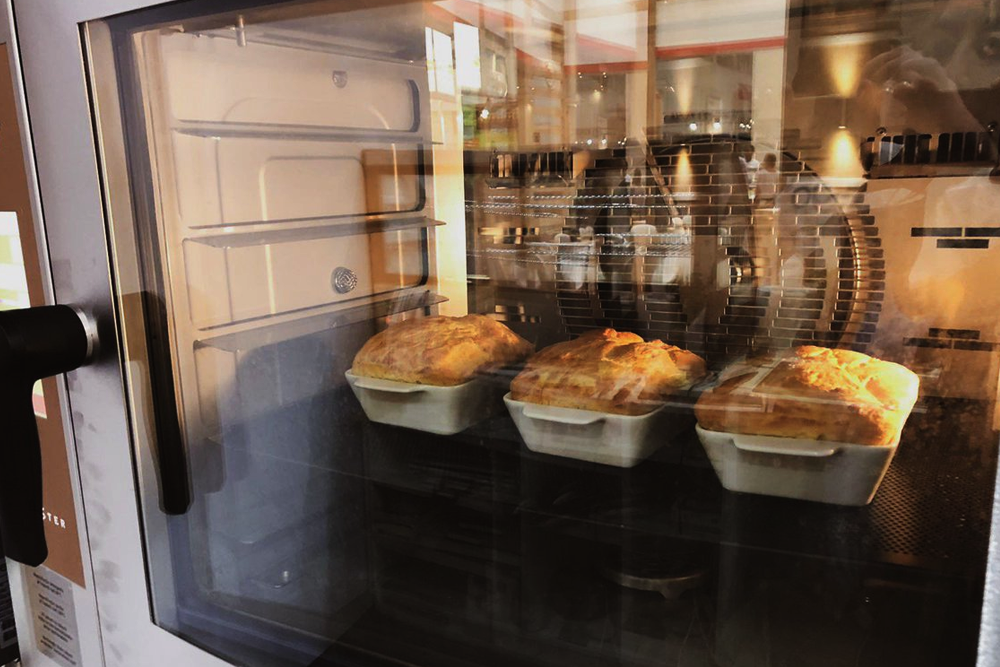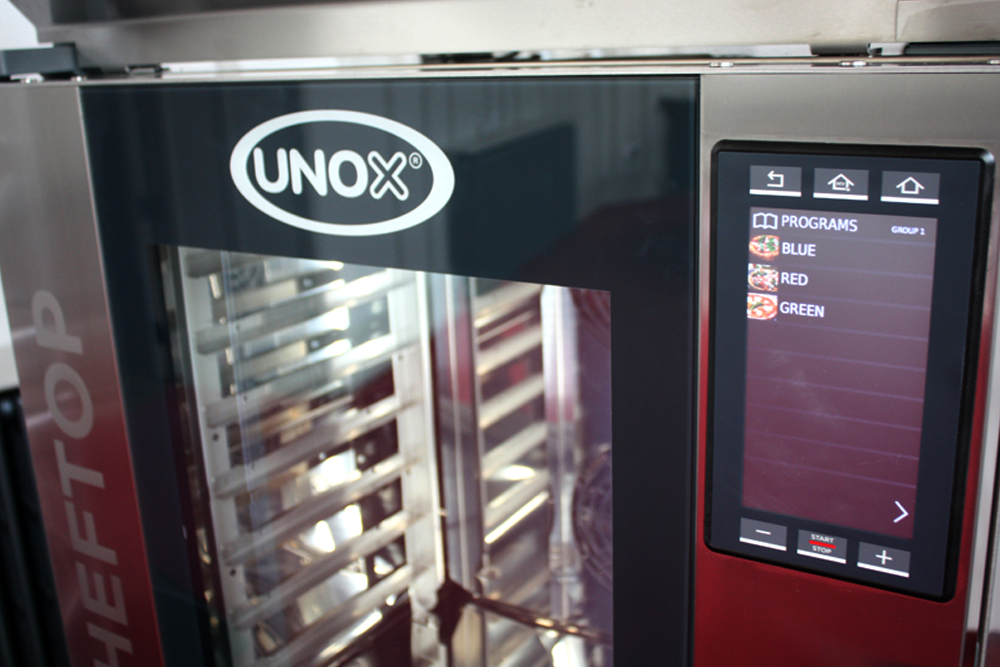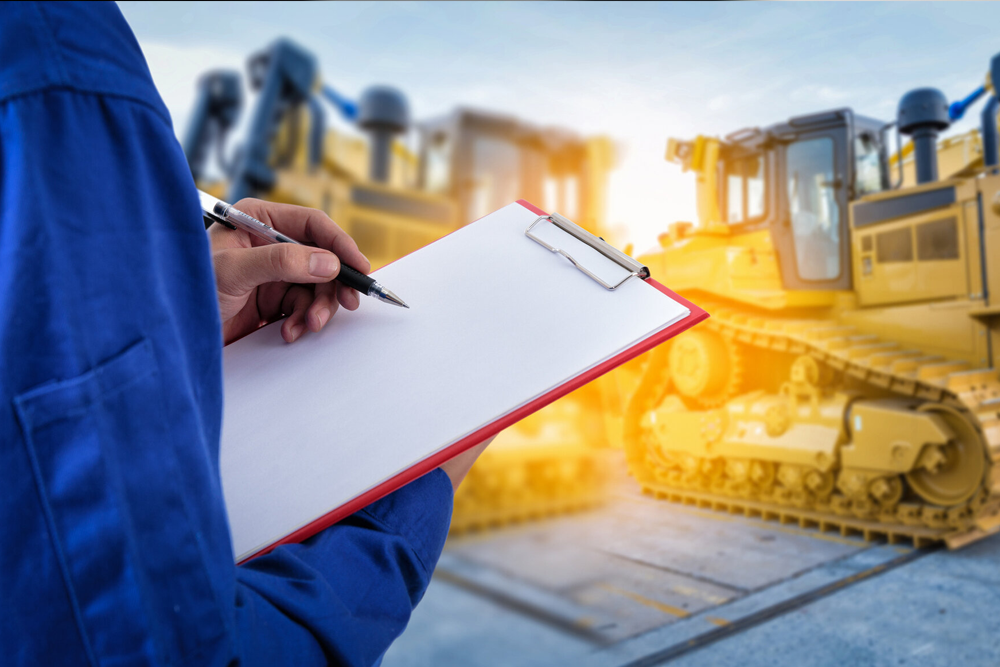What you need to know to start an equipment leasing and financing company
Deciding to start an equipment leasing and financing business can be a very lucrative endeavor. Entrepreneurs in the financing and leasing industry can set their own hours, work from home, arrange equipment finance for all types of businesses, and make as much money as they desire. Nonetheless, starting a financing business does involve laying a bit of groundwork before setting off down the road to success and financial independence.
Table of content:
- What is equipment finance
- How to start an equipment leasing business in 3 steps
- Part 1: Planning your start up business
- Carry out equipment lease and finance market research
- Use a variety of sources for research
- Decide what equipment loan programs you will offer
- Investigate the costs of operating equipment leasing companies
- Create a business plan
- Part 2: Fulfilling financial, regulatory and legal, requirements
- Investigate the legal requirements
- Secure finance
- Register your company
- Secure finance
- Part 3: Develop your operations
- Build up your company’s physical infrastructure
- Office space to start equipment leasing and financing business
- Acquire your inventory
- Develop an online presence to market your equipment loans
- Use branding
- Promote your services
- Open a business bank account for your business equipment leasing and financing company.
- Part 1: Planning your start up business
What is equipment finance?
Equipment financing is the use of a lease or a loan to purchase or borrow hard assets for your business. This type of financing might be utilized to buy new equipment, such as a company car, medical equipment, or restaurant oven. You can acquire everything from heavy equipment, office equipment to accounting software without shelling out the total price upfront. There are many variations on business equipment financing that cater to specific types of equipment and businesses.
Unlike with a working capital loan, the equipment you are purchasing serves as a kind of collateral. If you default on your lease or financing, the lender can repossess the asset. As a result, equipment financing tends to be a more cost-effective and lower-risk way to acquire equipment than other business financing options such as business credit cards, invoice factoring, and business lines of credit. Qualifying for equipment financing is another matter. Equipment loans tend to be a comparatively conservative type of financial product. Mostly, you will need to have a good business and personal credit score, and you should have a strong cash flow and annual revenue. You will also need to choose the right equipment financer; that is to say, you will need to pick one that finances your kind of equipment.
Leasing is likely to cover extra soft costs linked to shipping and installing a piece of equipment. Rather than borrowing money to purchase the equipment, you are making regular lease payments to a lessor for a given period of time to borrow the equipment. The lessor technically maintains ownership of the equipment but allows you (the lessee) to use it. Lease agreements can vary depending upon your business needs. If you want to own the machinery, some financial institutions offer the option of buying the equipment at the end of the lease term; otherwise, you should return the equipment when the lease ends. Equipment leasing is a common option if you do not have the money to pay a down payment. Equipment financing usually funds 80 percent of the equipment purchase price. Leasing is a flexible financing option and has cheaper monthly payments than a loan. Moreover, lease applications are usually straightforward. However, equipment leasing can be much more costly in the long term than purchasing equipment outright.
There are two types of equipment leasing: fair market value option (also known as operating leases) and capital leases (buyout). Under an operating lease, the leasing company recognizes and records the depreciation of the leased equipment in its balance sheet.
How to start an equipment leasing business in 3 steps
Here is a list of actions you need to take when setting up any business, but specifically equipment financing and leasing businesses. Here is a summary of the process of starting an equipment financing and leasing company.
| Step 1: Plan your business |
|
| Step 2: Fulfilling legal requirements |
|
| Step 3: Develop your business |
|
Part 1: Planning your start up business
Carry out equipment lease and finance market research
If you are interested in starting an equipment leasing and financing business, the first task is to research your locality’s equipment lease and financing market. Look for equipment leasing and financing businesses that are successfully operating and note down the type of equipment and financing programs they deal with. You can begin just by searching for a specific range of equipment you would like to finance online and seeing what is available. This initial market research is crucial to inform how you develop your plans for your company.
- If you are thinking of beginning a farm equipment leasing and financing company, but there are several well-established companies already doing this, it could be challenging to break through.
- Alternatively, the success of existing companies could indicate a particularly strong demand for a specific range of leasing and financing equipment in your area.
Use a variety of sources for research
There are numerous online market research resources that equipment leasing companies can easily find through search engines. These services have comprehensive databases, but the reports are not free to read. The US government supplies market and financial data that you can access for free when doing market research. Check in the financial press for news on developments in the industry you are interested in.
- Make sure you tailor your research to your business ideas. If you are beginning a small local equipment leasing and financing business, understanding the large international markets will be of less immediate relevance.
Decide what equipment loan programs you will offer
After you have a clear sight of the market, you need to start to develop your ideas about what exactly your equipment leasing and financing business will do. If you have specialist experience and knowledge in a particular business line, this can inform the direction you and your business takes. For example, suppose you have worked in the construction industry. In that case, you might have useful knowledge about the construction equipment that could help you set up a construction leasing and financing company. Some of the equipment financing programs you can offer include:
- Equipment financing for businesses with bad credit score
- Construction equipment financing
- Restaurant equipment financing
- Start up business financing
- Farm equipment financing
- Equipment funding for start up businesses
In addition to commercial equipment financing, you can offer other types of small business loans such as equipment line of credits and SBA loans, including PPP loans.
Investigate the costs of operating equipment leasing companies
An equipment leasing and financing business can require comparatively high amounts of start-up capital. Typically, it is a business that works by buying equipment and then leasing them out to other businesses, so you will need to build up a good stock of equipment before you can begin leasing things out. Before you go any further, consider the potential costs and draw up some basic estimates.
Some of the items that you would need if you intend to launch your own equipment financing leasing business in the United States of America include;
- The total fee for incorporation would cost about $800
- The budget for business license and liabilities would cost approximately $2,500
- The amount required to acquire a facility that would be used for both administrative and equipment storage for at least one year would cost approximately $50,000
- Cost of equipping the office with printers, computers, office furniture, phones, filing cabinets, safety gadgets et al., would cost approximately $5,000
- The cost of obtaining a van would cost approximately $20,000
- The cost of launching an official company website would cost $500
- Extra expenditure for business cards, signage, and adverts would cost $1,000
If you anticipate starting your equipment leasing and financing business on a small scale in the United States of America, without incorporating the cost of the equipment you intend to acquire, you would require an average of $90,000.
If you anticipate starting your equipment leasing and financing business on a medium scale in the US, you would have to spend as much as $180,000, with the amount for obtaining the equipment not inclusive.
If, however, you anticipate starting the equipment leasing and financing business on a large scale in the US, you would require at least $360,000 as your start-up capital. This amount is not inclusive of whatever equipment you intend to acquire.
All of this research on the equipment leasing and financing business, the costs, and the potential profits will be utilized when you write up your formal business plan.
Create a business plan
A clear business plan is essential when starting a leasing and financing company, mainly if you plan on borrowing money. If you can present a well-researched and convincing business plan to your bank, they are more likely to fund your new equipment leasing and financing company. A business plan will typically begin with an executive summary and business summary that will outline your business’s structures and core values.
- Your business plan should clearly state what equipment you plan to lease and finance; and a market analysis summary that outlines where your company will be situated in the market.
- It should also include an implementation and strategy summary outlining how your company will operate, as well as a management summary explaining how it will be managed.
- You can access helpful samples of business plans for leasing companies online.
- It is vital to have clear and well-researched financial plans which are realistic and attainable.
Part 2: Fulfilling financial, regulatory and legal, requirements
Investigate the legal requirements
Before you get any further in your business development and planning, you must make sure you know the legal documents required for starting a new equipment leasing and financing business. Provided you are inexperienced in business, this can be an intimidating and confusing experience. There are labor laws, finance laws, privacy laws, marketing laws, and more that you need to consider. You can take care of some of the legal requirements on your own. These include filing and registering paperwork to indicate that you are starting a business, naming the company, establishing a Limited Liability Company (LLC), or business partnership.
- There are other things that you will need an attorney or a lawyer for. These include filing a patent, forming a corporation, litigation, or if you are purchasing or selling a business.
- Working with a lawyer specializing in business law and start-up businesses can be a highly beneficial move if you are inexperienced. A lawyer can advise you on regulatory and legal matters as well as the financial and contractual decisions you have to make
Register your company
You must make sure the business is registered correctly. To operate legally, your company will need to be registered in the state in which it runs. Fortunately, the process by which a business is registered is comparatively simple. Usually, business license application forms can be found at city hall.
- You will also have to register your company on the Federal level. To do this, you should obtain an Employee Identification Number (EIN).
- You will obtain an EIN by visiting the Internal Revenue Service website and filling out the appropriate online forms.
- After that, a State Sales Tax ID is issued by your state and provides your company the authority to take sales and use taxes and issue any tax exemption documents.
Secure finance
High chances are you will need funding to set-up and run the equipment leasing and financing company. You must possess the proper knowledge of your financial needs as well as the short and long-term financial projections for your company. Getting a small business loan is not simple, so it is essential that you understand the key issues business lenders will consider. These include:
- Your business projections and plan evidence your capability to repay the loan.
- Your collateral.
- Your time in business
- Your credit history: you should have a good credit score
- Your bank financial statements
- Any equity funding you have in place. That is the investment from other sources.
- Your track record in business and management experience
These factors will determine your interest rates, repayment terms, and the amount of money you can borrow.
Part 3: Develop your operations
Build up your company’s physical infrastructure
After you complete all the preparatory steps, you can begin formalizing your small business and making it a reality. An equipment leasing and financing business will require a strong physical infrastructure to meet its customers’ needs. Based on what your company specializes in, you will need premises to store your leasing and financing equipment and office space to conduct the business.
Office space to start equipment leasing and financing business
Choosing the right office space for your equipment leasing and financing business is essential to running a successful business. There are many options when it comes to an office. Working from home is a common choice among small business owners. It helps to save time as you do not have to commute anywhere, and it saves you money since you don’t have to pay any rent. Nonetheless, there are a few set-backs. Customers might be less than pleased to meet you at your home. Having a home office might come off as not so professional. Nonetheless, since we live in a digital age, you may be able to get away with having video conferences and meetings rather than in-person ones. Another option for office space is, of course, renting a space.
Acquire your inventory
The essential component of an equipment leasing and financing company is the inventory of the equipment you will lease out. As such, take your time and negotiate with suppliers to be certain that you are getting a good deal and that you can make a profit. You will have extensive knowledge of your field when conducting your research, so you should know how much you can expect to lease equipment before you begin to buy your inventory.
- Buying in bulk will lower the unit cost and potentially increase the profit margin on every leasing contract you complete.
- Note that spending a lot of money establishing a large inventory can be risky for a start-up business when the future is uncertain. Carefully consider the size of your orders before you buy your inventory.
Develop an online presence to market your equipment loans
Effective online networks and websites are essential to any new business. Your website will possibly be the first point of contact for potential clients, so you must ensure it is easy to navigate and use. Also, ensure it clearly lays out what your business does. Have clear objectives for what you want your website to achieve and a determined budget laid out for its creation and maintenance? You should aim to have a business website that is relatively simple and allows clients to click through and place orders with just a few clicks.
Use branding
When you are building up your company identity through the physical premise, an online presence, and marketing campaigns, it is important to develop a coherent brand. Begin with an eye-catching logo that reflects your business’s qualities and have a consistent visual presentation across all different social media platforms. You want your firm to be easily recognizable and have a strong identity.
Promote your services
To find customers and develop contracts, you need to market your company effectively. This can be difficult at the beginning, so be innovative and consider various special deals and offers to attract new clients. If you are starting a new equipment leasing and financing company, you will probably have a limited marketing budget, so you must use the money strategically and wisely. Target your marketing very specifically at key regions where your research has shown there to be a demand
Open a business bank account for your business equipment leasing and financing company
Opening a business bank account is a significant task for any new business owner. Even though you are the only person working and managing your equipment leasing and financing company, having a business account is the best way to keep track of your finances. Having a separate account for your leasing and financing business and personal finances helps make day-to-day transactions easy to follow and document.


